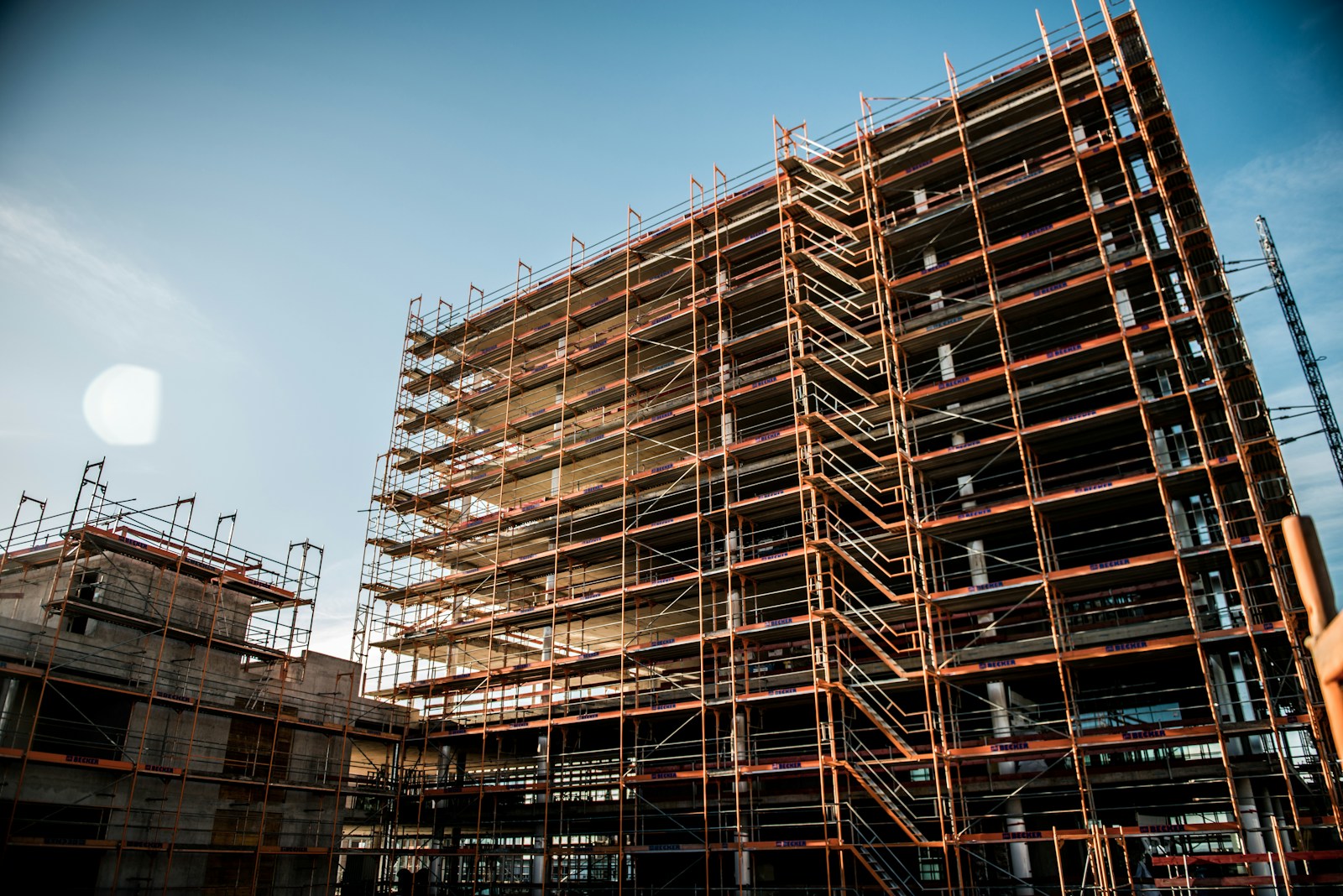When it comes to securing financial stability for your family and future generations, few investments hold the same long-term potential as real estate. Unlike stocks or other volatile assets, real estate offers tangible, appreciating value and the opportunity to create a steady income stream. For many families, it’s the cornerstone of building generational wealth that can be passed down to children and grandchildren.
In this blog, we’ll explore how real estate plays a vital role in creating and preserving generational wealth, as well as tips to get started on this rewarding journey.
What Is Generational Wealth?
Generational wealth refers to assets—such as property, businesses, or investments—that are passed down from one generation to the next. Real estate stands out as one of the most effective vehicles for building this type of wealth due to its potential for appreciation, income generation, and tax advantages.
Owning property can provide families with financial security and a foundation for future growth, allowing subsequent generations to start life with a significant financial advantage.
How Real Estate Builds Generational Wealth
1. Appreciation Over Time
One of the greatest advantages of real estate is its tendency to appreciate in value over time. While markets can fluctuate, real estate generally increases in value over the long term, especially in desirable locations. A property purchased today could be worth significantly more in 20 or 30 years, providing a solid return on investment for your family.
2. Passive Income Through Rentals
Owning rental properties is a proven way to generate passive income. A well-maintained rental property can provide a steady stream of cash flow, helping to pay off the mortgage while also building equity. Over time, this income can be reinvested into additional properties, further compounding your family’s wealth.
3. Tax Advantages
Real estate offers numerous tax benefits that can help preserve wealth. For example, property owners can deduct mortgage interest, depreciation, and certain expenses related to property management. Additionally, strategies like 1031 exchanges allow you to defer capital gains taxes when reinvesting proceeds from a property sale into another property. These tax advantages make it easier to grow and protect your assets over the long term.
4. A Hedge Against Inflation
Real estate tends to perform well during periods of inflation. As the cost of living rises, so do property values and rental income. This makes real estate a reliable way to protect your wealth from losing purchasing power over time.
5. Equity as a Financial Tool
As you pay down the mortgage on a property, you build equity—an asset that can be leveraged for other financial needs. For example, you can use a home equity loan to fund renovations, purchase additional properties, or cover educational expenses for your children.
6. A Legacy for Future Generations
Passing down real estate provides your family with a tangible asset that can offer long-term stability. Whether the property is kept as a rental, sold for a profit, or used as a primary residence, it ensures future generations have a solid financial foundation.
Steps to Start Building Generational Wealth Through Real Estate
1. Start Early
The sooner you begin investing in real estate, the more time you have to benefit from appreciation and equity growth. Even a modest property purchased in your 20s or 30s can grow into a significant asset by the time you retire.
2. Choose the Right Location
Location is key to maximizing real estate’s value over time. Focus on areas with strong job markets, good schools, and access to amenities, as these factors tend to drive demand and property appreciation.
3. Diversify Your Portfolio
While owning a single property can be beneficial, diversifying your investments across different property types—such as residential, commercial, or vacation homes—can reduce risk and increase potential returns.
4. Leverage Smart Financing
Use financing options like mortgages to your advantage. By putting down a manageable percentage and letting rental income cover the mortgage, you can maximize your investment while minimizing upfront costs.
5. Maintain and Improve Your Properties
Well-maintained properties not only attract higher-paying tenants but also retain their value better over time. Strategic upgrades, like energy-efficient appliances or modern finishes, can further increase a property’s worth.
6. Educate the Next Generation
To ensure your real estate assets are managed effectively, teach your children and heirs about the value of real estate and how to handle property ownership. Encourage them to learn about property management, financing, and investment strategies.
Challenges to Consider
While real estate offers many advantages, it’s important to be aware of potential challenges:
Market Fluctuations: Real estate markets can be cyclical, with periods of slower growth or declining prices.
Upkeep Costs: Owning property comes with ongoing expenses like maintenance, property taxes, and insurance.
Legal and Tax Complexities: Proper estate planning is crucial to ensure a smooth transfer of assets to the next generation. Without it, properties may be subject to high taxes or disputes.
Working with a trusted financial advisor or real estate expert can help you navigate these challenges and create a solid plan.
Conclusion
Real estate is more than just a roof over your head—it’s a powerful tool for creating and preserving generational wealth. By investing strategically, maintaining your properties, and educating your heirs, you can build a legacy that benefits your family for years to come.
If you’re ready to explore real estate as a means to build generational wealth, reach out today for personalized guidance on how to get started. Together, we can create a roadmap to financial stability and a brighter future for your family.


